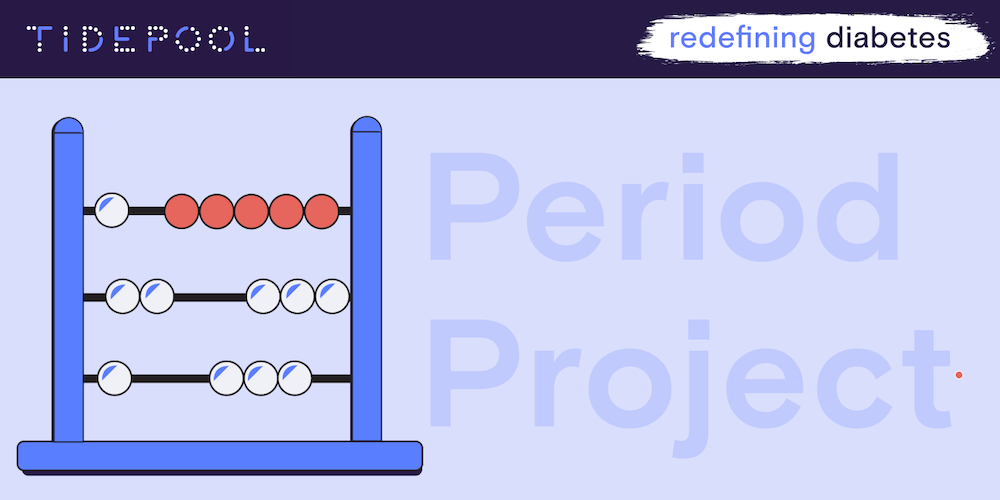
Tidepool, a 501(c)3 nonprofit committed to providing software at no charge to the diabetes community, has received financial support from Amazon Web Services (AWS) in support of the Tidepool Period Project, a new initiative that strives to address the unmet needs of people with diabetes who menstruate. This funding will support prototype concepts and user interface designs for both the clinician and patient experiences within Tidepool’s digital ecosystem, along with user research with clinicians, researchers, and patients to help set the foundation for future integrations of diabetes and menstrual cycle data.
From the Centers for Disease Control and Prevention, the National Diabetes Statistics Report, 2020 estimates more than 15 million women in the United States have diabetes, or about 1 in every 9 adult women. Tidepool launched The Tidepool Period Project in February 2021 in response to a lack of data around the impact of menstruation on diabetes management. The Tidepool Period Project intends to develop tools to support evidence generation on the relationship between glycemic variability and the menstrual cycle in an effort to support insights and clinical guideline development to ease a long-standing burden for both patients and clinicians.
“There are so many opportunities to address the unmet needs of people with diabetes who menstruate,” says Kelly Watson, VP of Product and User Experience. “Whether it’s improved visualizations of menstrual cycle data aligned with diabetes device data, educational resources for providers and patients, or supporting comprehensive and innovative research efforts across the diabetes community, Tidepool is eager to take on these challenges and deliver on our mission to make diabetes data more accessible, meaningful, and actionable with the added context of menstrual cycle data.”
The Tidepool Period Project highlights the responsibility and importance for health technologies to do their part to close persisting care and knowledge gaps in areas where women have been underrepresented in health research, and to consider male versus female management of a condition as a requirement, not a supplemental add-on to the default technology designs, research, and care practices.



